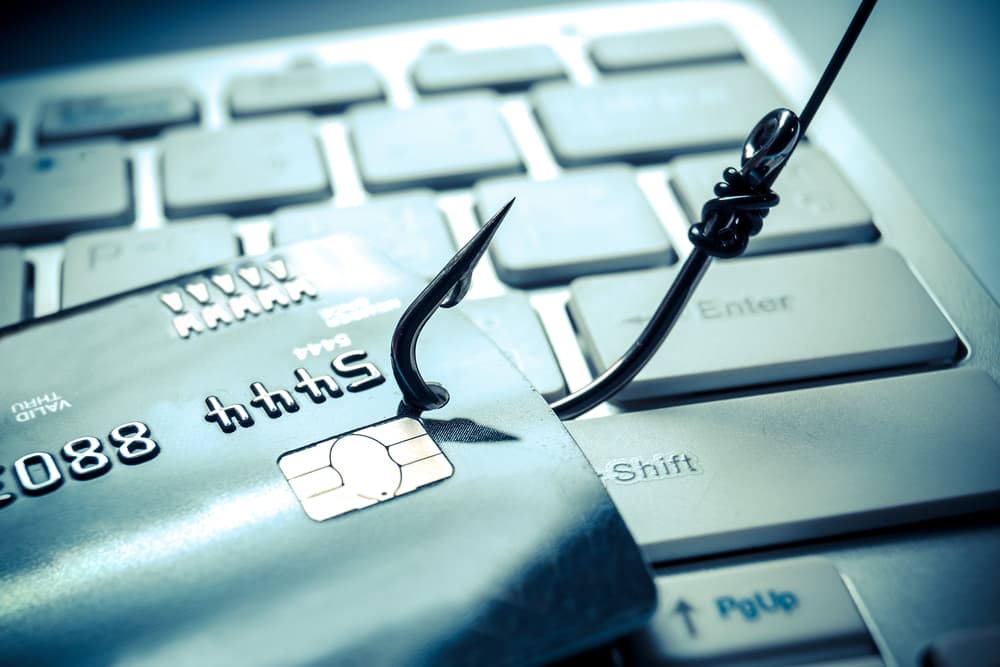6 Ways Senior Citizens Can Protect Themselves Against Online Fraud
More awareness among senior citizens about various online frauds will empower them to protect themselves against cyber financial crimes.
More awareness among senior citizens about various online frauds will empower them to protect themselves against cyber financial crimes.

Financial Frauds
Advertisement
While technology has made our lives easier, it has also exposed us to various online frauds. To avoid falling into criminals’ traps, senior citizens, who could be more vulnerable to cybercrimes, must stay informed and alert. For example, criminals could lure them into a trap after stealing personal details from platforms like Facebook and X. They could send them fake website links posing as businesses or banks and asking them to divulge bank details for illegal transactions.
Criminals use different tactics to scam their victims, such as asking them to fill out bogus online forms or directing them to take urgent action to resolve an account-related problem. Most online frauds happen because customers fail to do their due diligence or cross-check the source.
Advertisement
Remember that criminals’ primary intention is to steal customers’ sensitive bank information, and to do that, they will create any make-believe situation to lure them into their trap.
Here are some ways you can protect yourselves against an online fraud:
Advertisement
Keep your personal information confidential, such as permanent account number (PAN), bank account number, etc. Never give out your debt or credit card PINs, one-time passwords received on your mobile phone or email, etc., to anybody, even bank officials. Genuine bank officials will not ask for these details. While transferring money online, ensure the recipient’s name, UPI ID, and other banking details are correct.
Also Read: 4 Investment Options For Senior Citizens After Retirement
Don’t click links from unidentified phone numbers and websites, as they might contain viruses or malware that can copy your bank account details, passwords, emails, and other critical data. They might send malicious URLs via SMS, emails, and social networking platforms. Never click suspicious links sent to you to avoid fraud, no matter how tempting they might sound.
Also Read: How To Spend 24 Hours In Mumbai As An Elderly Tourist
Criminals deploy ransomware to target victims. So, install robust antivirus software to protect your device and its data. A proper antivirus programme will help block suspicious websites and communications sent through them.
Regularly updating the software on your PC, iPhone, Android devices, and other gadgets is as essential as installing antivirus software. Software updates will help you fix your devices’ vulnerabilities and prevent criminals from accessing sensitive banking data.
Scammers employ different techniques to scam people. They could pose as a family member requesting cash for an emergency. It could be medical-related or any other emergency situation. A caller ID will help you identify the caller and decide whether you want to speak to the person. Some apps can also help identify and record the caller’s location.
If important documents like a voter ID card, passport, Aadhar card, PAN card, etc., are stolen from you, immediately report it to the concerned authorities so they can block the stolen documents and issue a replacement. If the sensitive documents are compromised, it can lead to identity theft. If the owner of the stolen documents fails to report, they can be prosecuted if crimes happen later by using these documents.
Advertisement
Gadgets can make your life easier and more comfortable. There are many health gadgets available in the market that can help seniors with crucial assistance in keeping them fit and healthy.
Life can be challenging in old age, but there are ways to make it easier. The digital world offers various mobile apps and websites to help them carry out daily tasks conveniently.
Many parents spend their lives alone as their children have to live in a different city for work. In such a situation, AI technology can be highly useful for the seniors for their care and well-being.
Get all the latest stories delivered to your inbox
Advertisement
Get all the latest stories delivered to your inbox